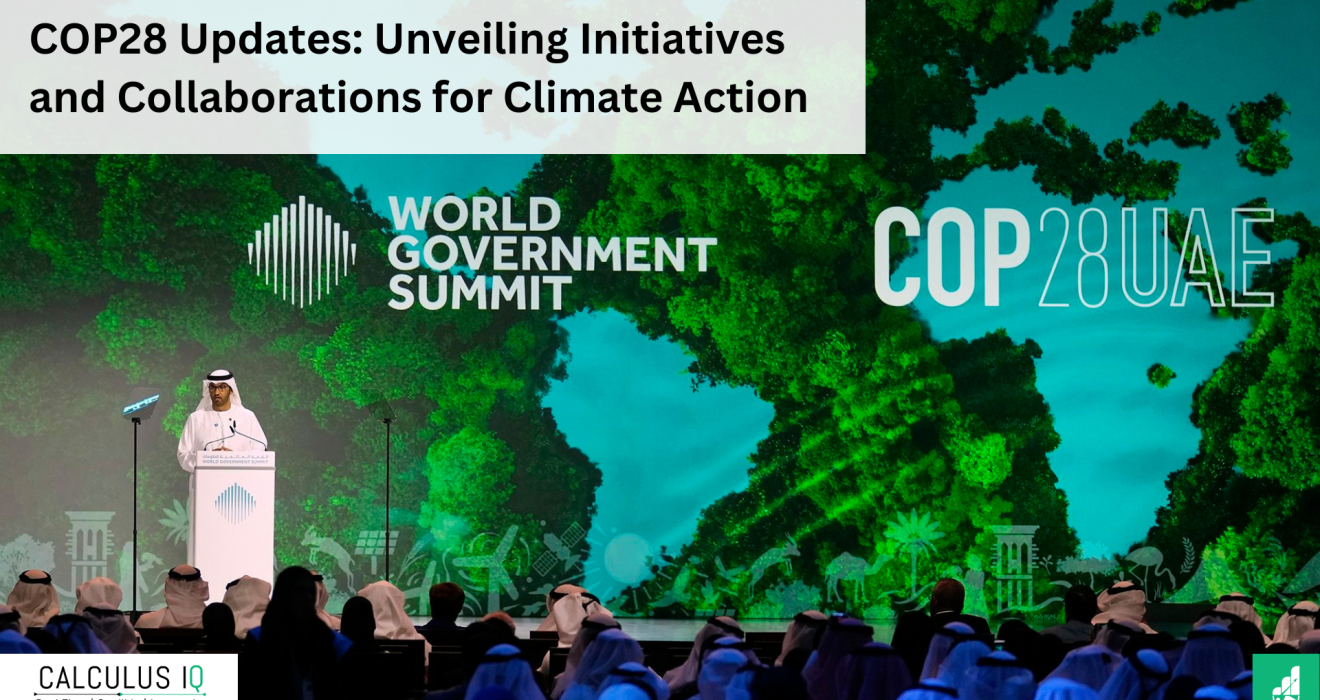The historic collaboration between the Global Fund to Fight AIDS, Tuberculosis and Malaria and the Green Climate Fund marks a watershed moment in the global response to climate-related health challenges. The unprecedented alliance, revealed at the COP28 United Nations climate summit in Dubai, underscores the recognition of the interconnectedness between climate change and public health. By pooling their resources and expertise, these two major funds aim to tackle the complex web of health issues exacerbated by climate change, particularly affecting vulnerable communities worldwide. This strategic partnership signifies a paradigm shift in addressing the intersectionality of climate and health, emphasizing a holistic approach to safeguarding the well-being of populations most susceptible to these dual threats. As the international community confronts the urgent need for comprehensive solutions, this alliance serves as a beacon of hope, fostering a united front in the battle against climate-induced health crises.
Collaborative Climate Finance
In a landmark move, the Adaptation Fund, Climate Investment Funds (CIF), Global Environment Facility (GEF), and Green Climate Fund (GCF) have joined forces to enhance access to climate finance and maximize their collective impact. This historic collaboration, announced at COP28, signifies a crucial step toward a unified approach in tackling climate change and supporting developing countries in their journey towards low-emission, climate-resilient development.
Joint Efforts at COP28
The collaboration among the Adaptation Fund, CIF, GEF, and GCF reached a tangible milestone at COP28 with the establishment of a joint Climate Funds pavilion. This shared space symbolized their unified commitment to tackling climate change impacts. Additionally, the four funds organized a pivotal side event during the summit titled “Climate finance: The role of the climate funds in supporting developing countries.” This event served as a platform to delve into the intricacies of their programming, shedding light on how these initiatives align with the Global Stocktake. Furthermore, the event aimed to demystify the complex financial processes, making these vital resources more accessible to developing nations. By fostering transparency and understanding, the joint efforts of these climate funds at COP28 not only showcased their solidarity but also provided a forum for meaningful discussions on the critical role of climate finance in supporting sustainable development globally.
Multilateral Funds’ Critical Role in Climate Action
During the side event, Simon Stiell, Executive Secretary of the United Nations Framework Convention on Climate Change (UNFCCC), underscored the critical role of multilateral climate funds in delivering on the goals of the Paris Agreement. Stiell highlighted their unique position to align mobilization and delivery of resources within the broader system of multilateral institutions.
Vision for Increased Climate Finance Impact
A high-level dialogue during the event featured representatives from Brazil, Germany, the United States, and China, sharing their visions on increasing climate finance impact. The heads and senior representatives of the four funds then presented how their respective visions and missions mutually reinforce each other, emphasizing the importance of building on complementarity to deliver greater coherence in the climate finance architecture.
GCF’s Vision for Acceleration and Optimized Investment
Mafalda Duarte, GCF Executive Director, presented GCF’s vision to accelerate delivery and optimize every dollar invested. She articulated a vision to strengthen GCF, making it capable of managing a capitalization of USD 50 billion by 2030. Duarte emphasized the importance of avoiding duplication and working collaboratively to simplify access to climate finance.
Success Stories and Complementarity
Success stories of complementarity were shared, including the collaboration between the Adaptation Fund and GCF. Mikko Ollikainen, Head of the Adaptation Fund, highlighted almost 20 projects scaled up by GCF, showcasing a win-win scenario leveraging the strengths of both funds.
Joint Declaration for Enhanced Access and Impact
The representatives of the four funds concluded the event by adopting a joint declaration titled “Enhancing access and increasing impact: the role of the multilateral funds.” The declaration underlines the commitment of the funds to reform the international climate finance architecture and develop an ambitious action plan. It emphasizes the need to strengthen complementarity and coherence, move towards harmonizing procedures, and develop a common concept to avoid duplication and enhance collaboration.
Conclusion
The collaborative commitment forged among the Adaptation Fund, CIF, GEF, and GCF heralds a new era in climate finance, promising a more efficient and impactful approach. The joint declaration reflects a unified vision for overhauling the global climate finance landscape, emphasizing the critical need for concerted efforts towards shared objectives. This alliance not only consolidates the strengths of these major funds but also highlights the collective determination to address the pressing challenges of climate change. As the international community grapples with the complexities of sustainable development and environmental resilience, the cooperative spirit embodied in this collaboration serves as a beacon of optimism. It is a testament to the belief that by pooling resources, expertise, and commitment, these organizations can pave the way for a more sustainable and resilient future for our planet.

